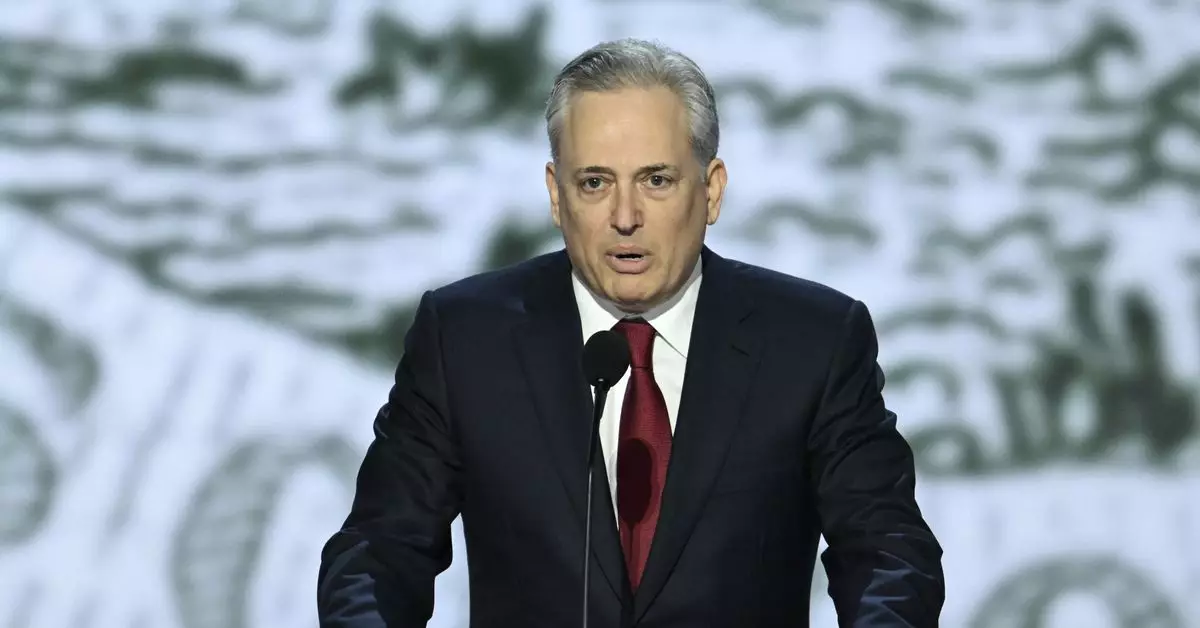In a significant shift toward embracing emerging technologies, President-elect Donald Trump has announced the appointment of David Sacks as the “White House A.I. & Crypto Czar”. This decision underlines a strategic focus on artificial intelligence and cryptocurrency as pivotal elements for ensuring America’s growth and competitiveness in the increasingly globalized tech landscape. This article delves into the implications of Sacks’ appointment and his responsibilities in this new role, alongside his notable associations with influential figures in the tech space.
The Significance of Sacks’ Role
David Sacks, known for his impactful work with PayPal and as the founder of Yammer, is being positioned to shape the future of AI and cryptocurrency policies in the United States. Trump envisions Sacks as a key player who will not only foster innovation but also safeguard freedoms related to online discourse. Unlike traditional political appointments, Sacks’ role as “a special government employee” allows him to operate with a unique blend of autonomy and influence, free from the bureaucratic constraints typically found in government positions. This arrangement raises essential questions about transparency, given that Sacks can serve for a limited number of days without the obligation to divulge his financial interests.
In Sacks’ new capacity, he is charged with the crucial task of fortifying the United States’ standing as the world leader in AI and cryptocurrency. This delineation of responsibilities signals a recognition of the transformative potential of these technologies. As the administration looks to create a legal framework that facilitates the cryptocurrency industry’s growth, Sacks may need to navigate a complex landscape of regulatory hurdles and public skepticism towards cryptocurrency. Balancing innovation with governance will be vital in ensuring that the U.S. remains competitive and attractive to tech entrepreneurs.
However, the challenges Sacks faces are formidable. Amidst rising concerns over misinformation and tech censorship, his commitment to upholding free speech and mitigating perceived biases within Big Tech will necessitate a nuanced approach. The debates surrounding ethical AI deployment and cryptocurrency regulations are fraught with contention, making stakeholder engagement essential. Sacks must foster an environment where various voices are heard while also crafting policies that effectively govern new technologies.
Broader Implications for the Technological Landscape
Moreover, with the appointment of Paul Atkins to lead the SEC, it is clear that this administration is signaling a mandate of reform in financial technologies as well. These appointments denote a pivot towards a tech-friendly governmental framework that may reshape the regulatory environment for innovation in the U.S., encouraging a dialogue between the government and the tech industry that has often been contentious.
David Sacks’ role as the White House A.I. & Crypto Czar exemplifies a strategic approach to consolidating technological prowess as a national asset. As these appointments unfold, the intersection of governance, technology, and free speech will undoubtedly create a potent narrative in America’s evolving relationship with digital innovation. How Sacks navigates these complexities will be crucial in determining the future landscape of AI and cryptocurrency in the nation.

